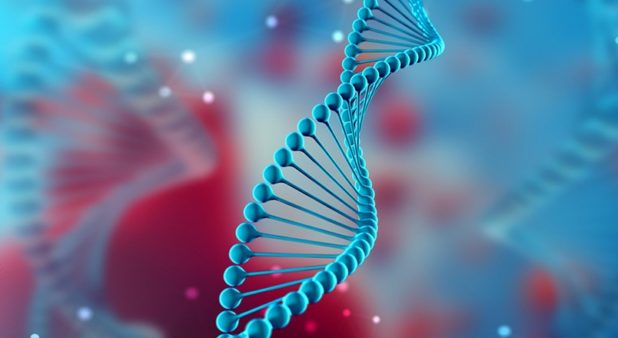Decoding Genomes: Detecting Autosomal Recessive Inherited Disease


Along with the continuous advance in technology, we have a deeper understanding of genes, and genome decoding has become one of the hot topics in the current medical field. With the promotion of the Human Genome Project, the results of genome decoding have been widely applied, especially in the diagnosis and treatment of autosomal recessive inherited disease.

What is autosomal recessive inherited disease?
Inherited diseases are diseases caused by gene mutations and can be divided into autosomal dominant and recessive inherited diseases. Autosomal dominant inherited diseases only require one copy of an altered gene for the condition to present. For autosomal recessive inherited diseases, individuals carrying one altered gene will not show any symptoms of the disease.
Both parents need to carry and pass an altered gene onto their child for their child to possibly show symptoms of the disease. For example, cystic fibrosis is an autosomal recessive inherited disease caused by a CF gene mutation located on chromosome 7. Only when an individual carries two mutations of the cystic fibrosis gene will they show symptoms of the disease.
How can genome decoding be used to diagnose autosomal recessive inherited diseases?
The inheritance pattern of autosomal recessive inherited diseases is very unique. The parents may carry altered genes but do not show symptoms of the disease. Therefore, it is difficult to diagnose these diseases based on family history or clinical presentation. The disease may already be difficult to treat by the time it manifests. At this point, genome decoding can be useful.
Genome decoding refers to the analysis of a person's genome through sequencing technology to identify gene mutations and diagnose inherited diseases. Genome decoding can be divided into two methods: whole genome sequencing, which sequences an individual's entire genome, and targeted gene sequencing, which sequences specific genes or genomic areas.
When diagnosing autosomal recessive inherited diseases, targeted gene sequencing is more commonly used because it can directly sequence genes that may have mutations, therefore is more efficient and cost-effective than whole genome sequencing. Some centres have already offered related services. For example, re:HEALTH introduces Comprehensive Inherited Disease Genetic Test to help people understand their genetic information and potential risks of inherited diseases.
Benefits of receiving an inherited disease genetic test
Understand your risks and take preventive measures
PANGENIA Comprehensive Inherited Disease Genetic Test helps you understand your risk of having cancer genes, heart-related diseases, or inherited diseases and take early preventive measures such as changing lifestyle and dietary habits and receiving regular health check-ups.
Facilitate family planning and ensure a healthy future
For couples who wish to have children, ensuring the healthy growth of their children is especially important. If both spouses can identify whether they have any genes related to inherited diseases early, they can be warned about the risks of reproduction and take preventive measures as early as possible to minimise the risks.
re:HEALTH Comprehensive Inherited Disease Genetic Test
Simple: Only requires 6ml of blood sample in an EDTA tube
Comprehensive: Covers 116 inherited diseases, including common cancer-related diseases
57 cancer-related diseases: e.g., breast cancer, intestinal cancer, stomach cancer, pancreatic cancer, thyroid cancer
39 heart-related diseases: e.g., cardiomyopathy, arrhythmia, aortic disease, hyperlipidaemia
20 metabolic disorders and other inherited diseases
Precise: Employs next-generation sequencing (NGS) which increases the accuracy to 99.9%
Advanced: The first laboratory with NGS devices in Hong Kong
Suitable for
-Healthy individuals of any age
-Individuals staying in highly polluted or radiologically contaminated places
-People with an unhealthy lifestyle
-Smoking, binge drinking or unhealthy diets
-Overweight, lack of exercise
-Individuals concerned about carrying cancer genes
-People with a family history of diseases
-E.g., heart disease, cancer, inherited disease
-Couples planning to have children
In addition to genomic decoding technology, we also need to take other measures to prevent autosomal recessive inherited diseases. Some common preventive measures include receiving routine genetic counselling and screening, avoiding consanguineous marriage, maintaining a healthy lifestyle, etc. If you have any doubts, feel free to consult a doctor.
Related Brands

